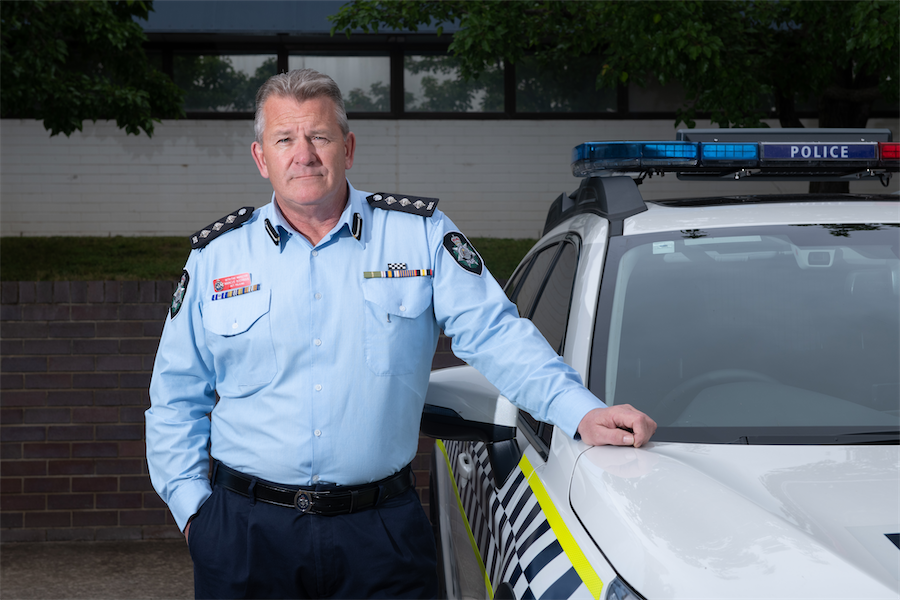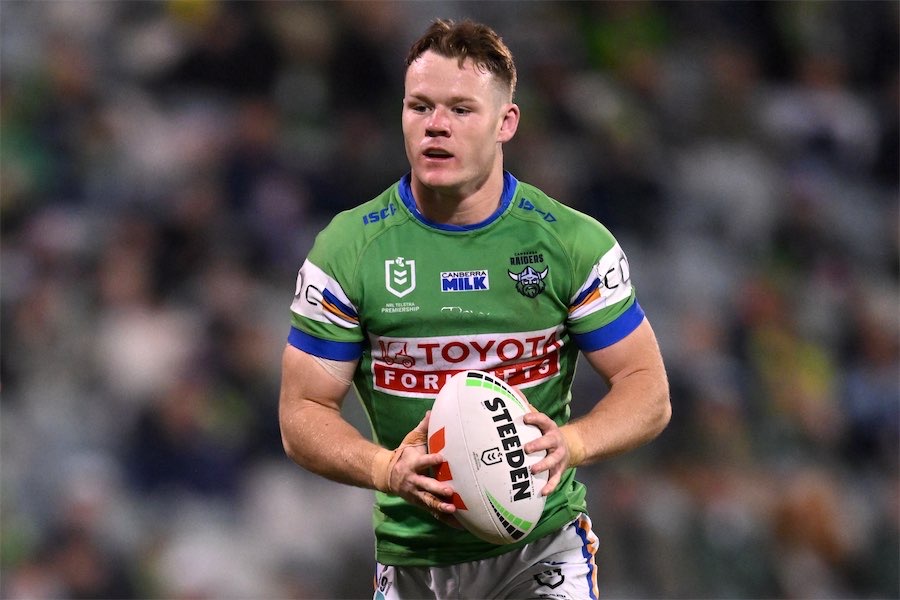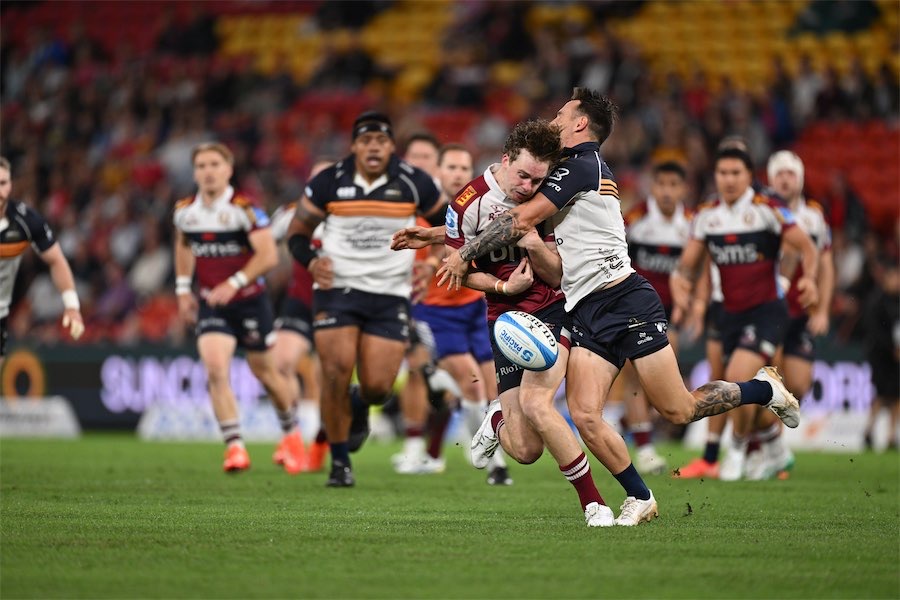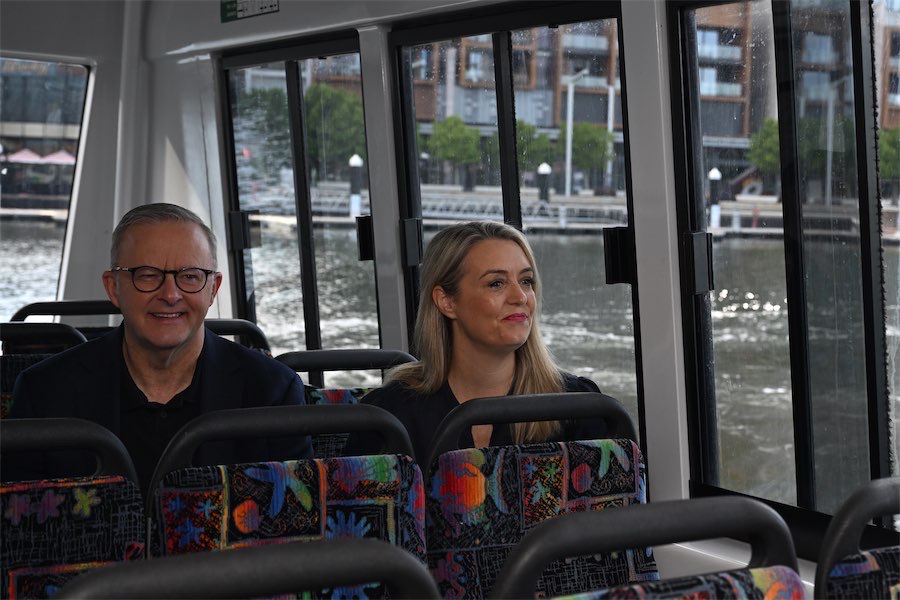
POLICEMAN Marcus Boorman has led high-profile cases – attempted assassinations of heads of state, homicides and organised crime events – but says his role leading ACT’s road policing is one of the most demanding jobs he’s ever had.
Although it doesn’t have to be, says Insp Boorman.
“There’s a driving culture in the country where people say ‘oh well, these things just happen’. They don’t have to happen,” he says.
“I’ve [worked in] homicide and it’s terrible, but the amount of people that are dying on our roads is a lot more than people getting murdered in the country.”
With 30 years in the force, Insp Boorman is commenting ahead of the holiday period where the ACT will see an increase in the volume of traffic leaving and then returning on Canberra’s arterial roads.
“People have work break ups and all the rest of it, but what I’d like to see is people in the workplace looking after their mates and looking after each other, and if they see someone that’s obviously had too much to drink, or is incapable of driving, do something,” he says.
“I’m not the fun police. I like having a great time and I encourage people, because it’s been a tough year, to let your hair down, have a great time, just don’t get into your car and drive when you’ve been drinking. Get an Uber.”
Insp Boorman advises holidaymakers to plan their trip and take that extra time to get to their destination.
“I know everyone’s keen to get to the destination, but if you make silly mistakes and poor choices, you might not ever get there,” he says.
Despite the consistent road-safety messaging, he says there has been an increase in people using mobile phones while driving over the past few years.
“I’m not just talking about talking on the phone. I’m talking about texting, social media-type stuff,” he says.
Insp Boorman says distraction is a major cause for collisions in the country, but speed is a significant issue, too.
“We recently launched our ‘who are you rushing to meet campaign’ that will run for six months, which has a focus on speed and the reason for that is we’ve seen a fairly dramatic increase in high speeds within the ACT,” he says.
“We’ve [detected] a couple of [drivers going] 200km/h, that’s double the speed limit. We’re [also] detecting people doing about 160km/h in a 60km/h zone.
“It is traumatic for everybody involved. The first responders, the members of the community that happened to be in the wrong place at the wrong time that may have witnessed it, there’s the impact it plays on investigators and road-policing members because we attend these.
“One of the hardest jobs in policing you can do is go and knock on a door and tell someone their loved one isn’t coming home.”
A detective for most of his career, focusing on complex investigations such as homicide, arson, serious crime, when he got the call to take over road policing, he thought: “How hard could it be?”
“I have to admit I was wrong,” he says.
“Each year, nationally we get an excess of anywhere between 1200-1400 deaths on our roads.
“I attend predominantly all fatalities in the ACT. You don’t forget it.
“I’m very committed and I’m passionate about road safety because I really think that if we can do something, as a community together, [we could] get to a stage where our community says: ‘No, this isn’t acceptable’.
“It’s not just the police role to maintain road safety. If we could enforce our way to safe roads, we would have done so decades ago.
“It’s frustrating. We get out there, we do the messaging, we detect people continually and then they still keep doing the same thing. It’s like drink driving and drug driving, you get people three or four times.
“I was young once, believe it or not. I look at probably some of the driving behaviour that I engaged in, thinking back at it, I was a fool.
“I had a collision when I first got my licence, probably not concentrating and probably pushing the boundaries a little bit, and I was extremely lucky. That was my big wake up.”
Who can be trusted?
In a world of spin and confusion, there’s never been a more important time to support independent journalism in Canberra.
If you trust our work online and want to enforce the power of independent voices, I invite you to make a small contribution.
Every dollar of support is invested back into our journalism to help keep citynews.com.au strong and free.
Thank you,
Ian Meikle, editor









Leave a Reply